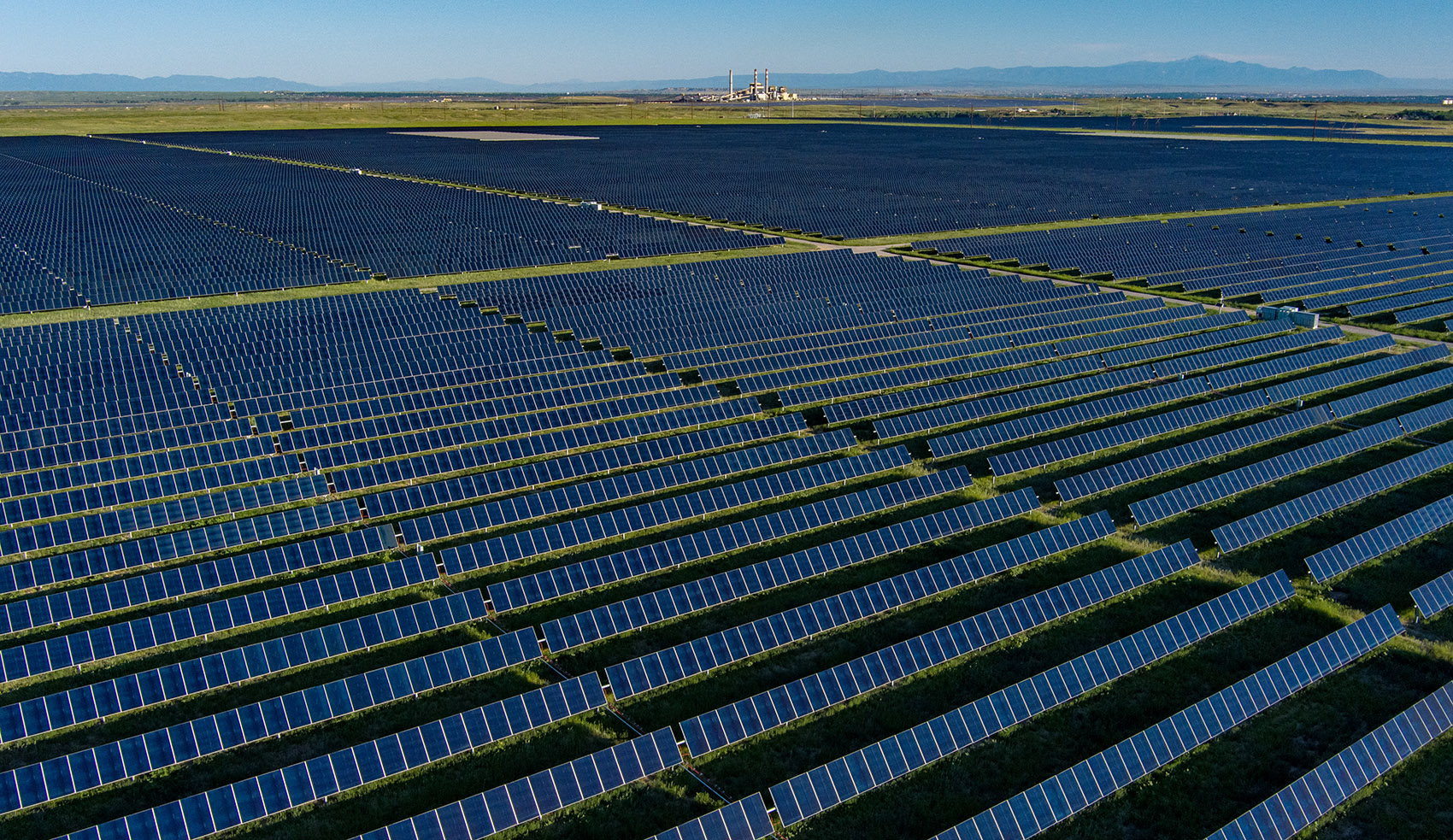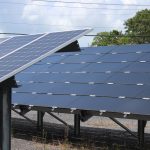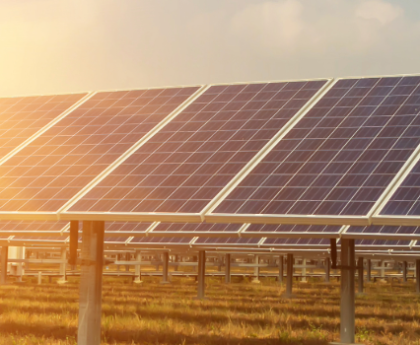As Colorado and the rest of the country study up on the suddenly hot topic of import tariffs before the November election, they might want to check in on solar tariffs already imposed this month by the Biden administration, and ask how they’ll impact renewable energy growth in the state.
After a two-year “pause” on big tariffs for solar panel parts made in Asian countries that were previously dumping cheap imports here, the administration in early June reinstated those tariffs as part of its long-term plan to support a U.S.-based renewable energy manufacturing industry. The tariffs, up to 50% on common solar panel parts, are combined with billions of dollars in tax credit subsidies to U.S.-based panel makers, who are quickly building domestic factory capacity.
Does that help or hurt Colorado? We checked in with Mike Kruger, chief of the Colorado Solar and Storage Association, for his take. The short answer: It’s complicated. But most analysts do not expect the new tariffs to make a dent in overall solar growth at utilities or on top of homes, where installations are on an upward curve unimaginable just a few years ago.
The Sun: In putting new tariffs on China, the U.S. also ended tariff exemptions for other Asian nations exporting a lot of panels. During that “pause” on tariffs, did the Colorado solar installation industry thrive?
Mike Kruger: Colorado’s solar market has continued to expand over the last five years — 2023 was our best year on record for total megawatts installed. However, higher interest rates have slowed the residential market and driven up costs for large-scale projects.
Sun: Is Colorado a net solar manufacturing state, or a net installation state? In other words, on the whole does the Colorado solar industry benefit from tariffs or from cheaper imported panels?
Kruger: There are no operating solar panel manufacturers in Colorado today. Meyer Burger is building a facility in Colorado Springs with an expected completion date in the near future. Vikram Solar has also announced a manufacturing facility in Brighton. I have not heard when that plant will be operational. When those plants are completed, they could likely supply all of Colorado’s needs. However, for now, Colorado’s solar industry is buying panels made elsewhere.
Sun: Have the Biden administration’s actions in support of solar overall created a robust U.S. manufacturing industry, or is it still too hard to compete with imported solar panels?
Kruger: There have not been many solar panel manufacturing facilities in the United States for nearly a decade. Since the Inflation Reduction Act was announced, there has been a flurry of activity. In fact, a record-setting 11 gigawatts of new solar module manufacturing capacity came online in the United States during Q1 2024, the largest quarter of solar manufacturing growth in American history. I suspect this expansion will continue with the IRA incentives lasting into the next decade.
Sun: There are a lot of utility-scale solar farms planned in Colorado over the next three years, do the tariff/no tariff arguments affect these big projects?
Kruger: Tariffs will always impact the price of any good and large-scale solar projects are no different. However, when bidding these projects, solar developers work with their suppliers to limit the cost to the consumer via bulk purchasing — lowering the cost per panel — buying from domestic manufacturers, or ensuring that the solar facility is insulated from any future tariff action.
Sun: Does the solar association take a position on whether tariffs are good or bad for Colorado’s solar industry?
Kruger: We are committed to expanding Colorado’s solar and energy storage market through state-level advocacy for a level playing field. We don’t engage at the federal level, but believe there is room in our market for domestic and foreign-made hardware.
This post was originally published on 3rd party site mentioned in the title of this site




